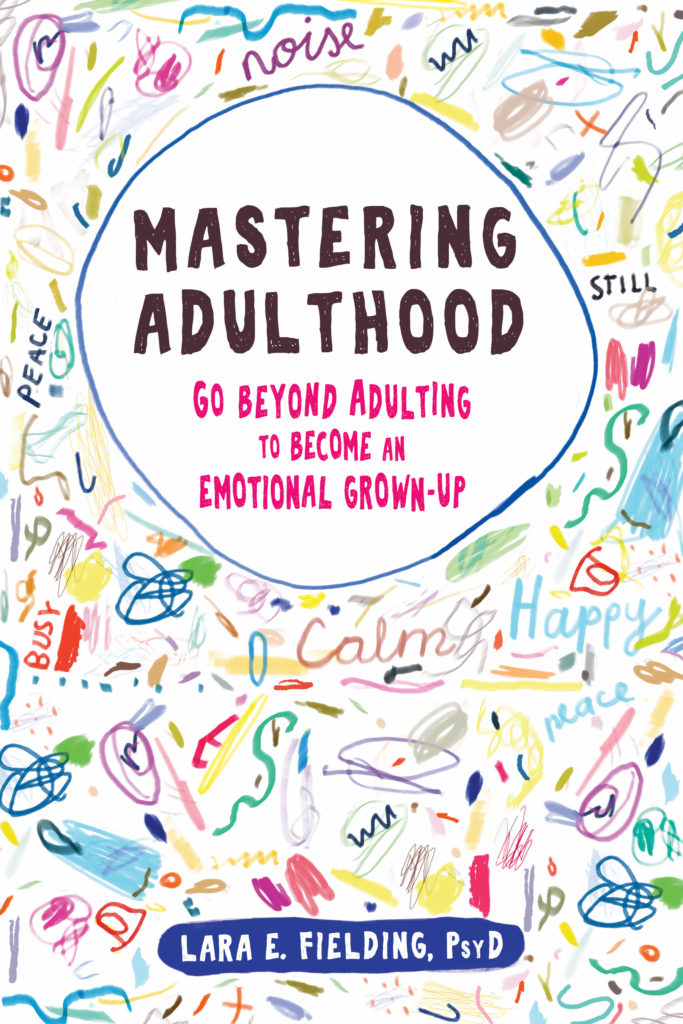A lot of people are feeling a lot of emotions right now, ranging from hopeful to hopeless; from satisfied to enraged. When we have disagreements, both sides become convinced that ‘if only the other side understood’ their side of things, all could be well.
The result? Everyone is ‘explaining’ – no one is listening – the divide grows!
As I watch this polarity unfold before me, I wonder, is it possible that the political and social discord we see right now is a macro expression of an interplay of an instinctual human autopilot?
How can we use our skills to ‘come together;’ as a Nation, in our families, with our partners or anyone with whom we are in disagreement?
People Yell When They Don’t Feel Heard
We experience anger when we interpret a situation to be ‘unfair.’ In an instant the thought ‘unfair’ generates the mind-body emotional experience of anger, which compels an action tendency. (Note: the emotion thought link is bidirectional. Sometimes we are already experiencing the anger, then we seek the source of blame.)
From an evolutionary view, anger helped our ancestors survive by compelling the action tendency of protecting one’s self, territory, and/or love ones. So the very natural impulse reaction when we perceive such a threat is to attack; either verbally or physically.
In modern times, most of us are not under physical attack. However, since human animals have now evolved language, we can now transpose an ideological attack into the same exact physiological experience. Our mind-body machines experience a threat to our learned Values as a primal threat!
Listening is Impaired When We Are Threatened
These emotive expressions of anger (i.e. facial expressions, voice tone, body language) send a very strong communication message to the recipient. Because the function of anger is to protect, the message it sends to others is “get away,” “you are in danger.”
This worked great for our ancestors to keep their people and stuff safe and scare off enemies. But when we are trying to maintain relations and actually get the understanding we seek, not so much! So, while it’s important to use our assertiveness skills when something is truly unfair, it is equally essential to know when to pull back in the service of being effective.
You may be 100% in the right about your grievance. That doesn’t change the biology of how humans react to other’s expression of anger. The autopilot instinct is to fight back or run away – NOT to Listen.
Mindful Listening: The Balm to Heal the Divide
Our minds are much better at generating thoughts, than actively and curiously listening. Staying present to the thoughts and feelings of a fellow human being is an ultimate act of consciousness and requires actively overriding our collective instinctual autopilot. So, when the other person is expressing something disagreeable or even threatening, mindful listening becomes like a superpower; it requires Mindful-Mastery!
The Practice: Inquire and Validate
The steps below describe the skill you may practice independently, or share this blog with someone with whom you are having difficulty ‘coming together’. The more intense the feelings of the person to whom you are listening, the more times you will have to go through the steps.
Step I: ASK the person to tell you about their viewpoint or what it is that is bothering them.
Step II: LISTEN quietly and carefully for the key points. As best you can maintain an expression of somber interest (no eye rolling!). Recall the exact words they use (you will need them in step III).
Step III: REPEAT BACK, “Okay, what I heard you say was……[insert paraphrase]. Is that correct?”
PAUSE! Return to Step I if the person expresses that you have not yet understood.
Step IV: VALIDATE. Once you have assured that the other person agrees you have heard them correctly:
Find the ‘grain of truth’ in their statements. As off the wall as what they have said may sound to you, find something or some reason it is understandable that they are seeing it this way. For example: “I can see why it would feel that way to you based on your past experience.”
Step V: INQUIRE: If you are having trouble seeing how their viewpoint makes sense, inquire. “Help me understand a bit better” you might ask. Then run through all the steps again.
Coming Together
The hope of coming together as fellow humans lays in our willingness to actively practice overriding our instinctual reactions to perceived threats. The challenge is in the hardwiring of our minds, which require the update patch of mindful awareness of the present moment. Fortunately, we are adaptive beings. We just need to keep practicing.
If you have questions about how to be skillful in your life, I hope you will send me a message in the comments section! Or sign up for the Mindful-Mastery SKILL WEEKLY newsletter, follow me on Facebook, Twitter, Instagram, or YouTube for the NEW SKILLS CLIPS for guided practice!


